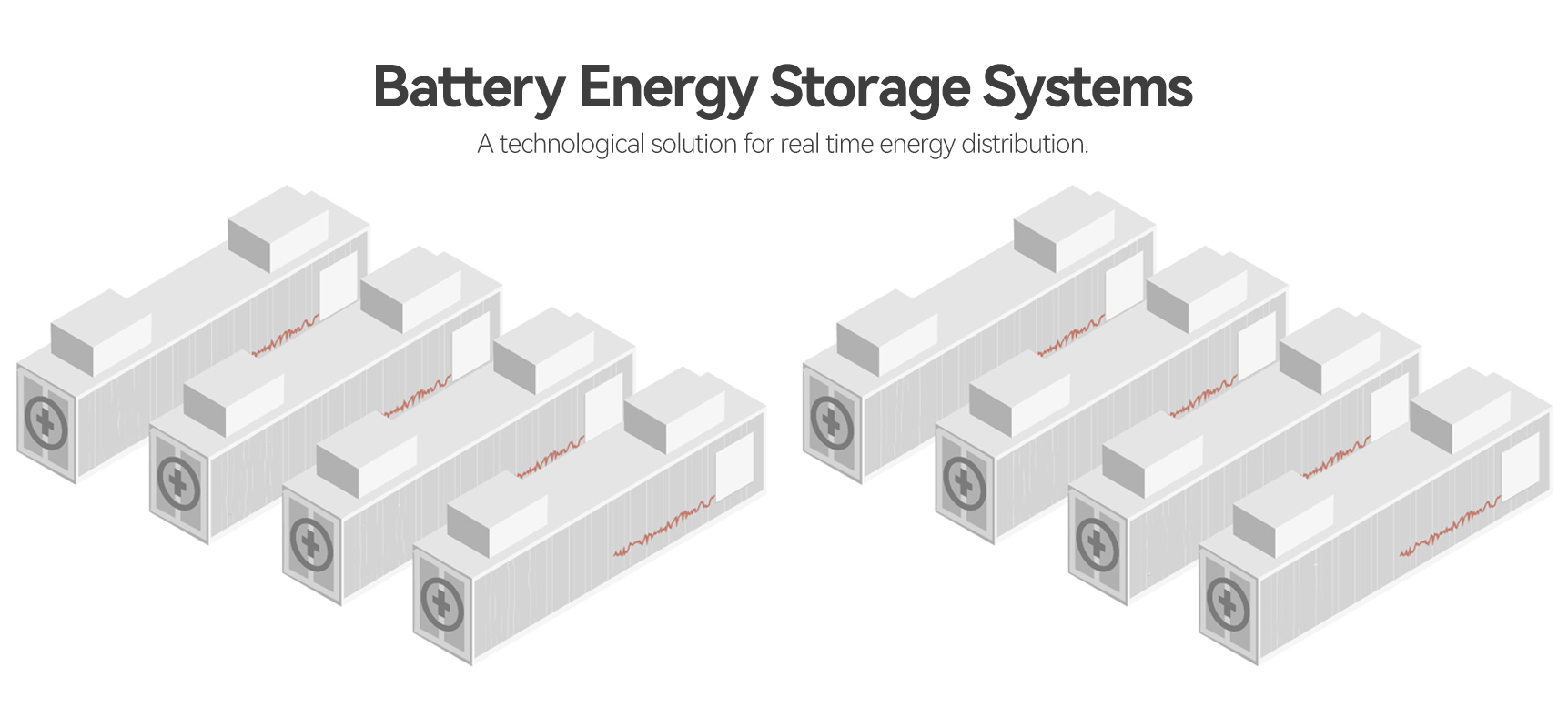Battery Energy Storage Systems – a technological solution for real time energy distribution
Jan 16, 2024
What is a Battery Energy Storage System?
Battery Energy Storage Systems, also called BESS, is a technological solution that helps to balance the electricity grid in real time. Electricity flows on the grid may fluctuate due to various reasons, such as weather, power station outages, congestion on the grid, or geopolitical reasons.
Intelligent Battery Energy Storage Systems can complement the grid by providing a continuous power flow, making them a key pillar of your business energy strategy.
How does BESS work?
The system then discharges the electricity back into the grid when it’s economically convenient e.g. during peak hours or following specific balancing orders from the Local Transmissions System Operators (TSOs).
From a high-level basic technical standing point, Battery Energy Storage Systems can be connected in front of the meter when directly connected to the transmission grid (for utility-scale installations) or behind the meter when connected to a local distribution network.
Benefits of Integrating Battery Energy Storage System
BESS are expected to provide fast response and efficient intraday flexibility, with storage duration ranging from a few seconds to 4-8 hours. For such a reason, they might be retained as an excellent fast responsive and efficient backup system for relatively short-term balancing needs, compared to Pumped Hydro Storage and thermal peaking plants that can cover power flexibility needs over a longer period.
Financial advantages of BESS
Battery Energy Storage Systems allow you to engage in energy arbitrage. With BESS, you buy your energy during off-peak hours when grid prices are lowest, store it, and use it during peak hours. When coupled with on-site wind or solar power plants, BESS enable you to maximize the value of the electricity produced from such renewable sources, contributing to a certain extent to reducing the cost of energy both at the wholesale level and hence reflecting it on electricity bills.
Additionally, Battery Energy Storage Systems can play a central role in providing valuable and potentially highly remunerated energy services (such as electricity frequency regulation or electricity volume balancing in real-time) to the grid through the local TSOs, supporting them in facing the challenges arising from higher penetration of renewable energy sources such as solar and wind into the grid.
Environmental advantages
Battery Energy Storage Systems (BESS) can offer several environmental advantages and therefore significantly impact the energy transition. A few of them are:
1.Reducing carbon emissions: BESS can help integrate renewable energy sources such as solar and wind into the grid, reducing reliance on fossil fuel-based power plants which can lead to significant reductions in greenhouse gas emissions.
2.Increasing energy efficiency: By storing excess energy during low-demand periods and then releasing it during peak-demand periods, BESS helps with energy management, reduce the wastage of energy and conserve natural resources.
3.Supporting grid stability: BESS can provide fast and reliable response times to grid disturbances, which can help prevent blackouts and other disruptions, ensuring a more reliable and secure power supply.